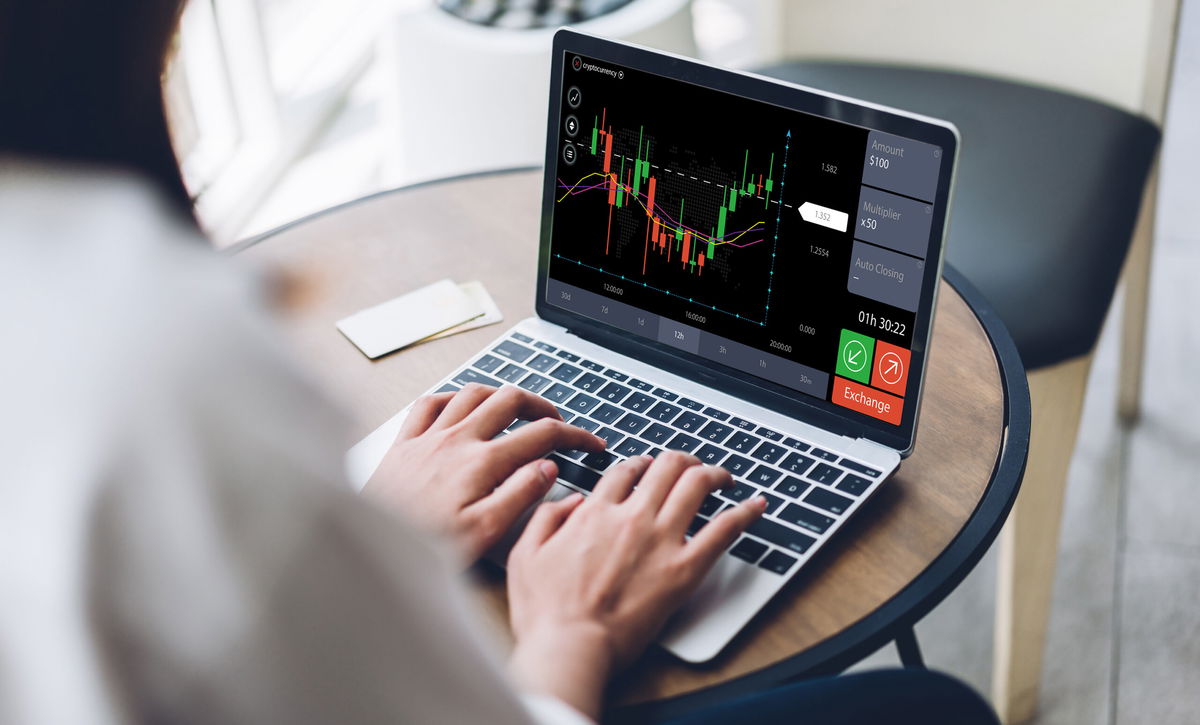How to be a better investor in 2023

Here are some steps to be a better investor in 2023.
By Jeanne Sahadi, CNN
If you’re planning to invest your hard-earned money in stocks, bonds and other assets this year, let humility be your guide.
After all, markets were rocked in the past three years by events few predicted: The pandemic. Several, sometimes violent, threats to democracy. Russia’s widely condemned invasion of Ukraine. The list goes on.
In response, stocks and bonds, which typically don’t move in the same direction, moved down in tandem in 2022, with both ending the year deep in the red. Crypto, meanwhile, imploded.
So, what’s in store for this year? The International Monetary Fund is predicting a recession for one third of the world’s economy, while Moody’s Analytics predicts the United States in particular may escape an outright recession but nevertheless experience a “slowcession.”
Some stock analysts, meanwhile, think tech stocks — which got hammered last year, sending the Nasdaq down more than 30% — may be in for a much better year.
As for real estate, there is no consensus. Economists and housing watchers predict everything from home prices growing by as much as 5% to prices falling 20% below their peak.
But whatever the prediction, don’t take it as gospel when it comes to managing your portfolio.
Instead, try this:
Have a plan
It’s hard to invest well for your life if you’re not clear about what you need and when you need it.
“It is imperative that individual investors first create a financial plan that outlines their goals and financial situation before they create or rebalance their portfolio,” said Taylor Wilson, a certified financial planner and president of Greenstone Wealth Management in Forest City, Iowa.
That means also being honest with yourself about how comfortable you are taking risks while also understanding that some risk is necessary to fulfill your longer-term goals — especially in a time of high inflation.
“Every well-diversified portfolio has winners and losers in it, but the key is taking on just enough risk to reach your financial goals,” Wilson said.
Ignore the noise
Whether 2023 is great or awful for stocks — or, more likely, both at different times — that shouldn’t sway your investing decisions.
“When it comes to success in investing, “It’s not about timing the market. It’s about time in the market,” Wilson noted.
The best way to prevent that is to have a simple, regular routine of putting away a certain amount of money each month across a diversified portfolio of stocks and bonds.
What a sensible portfolio might look like
If you have a reasonably long time horizon but not a huge appetite for risk, a balanced portfolio of stocks to bonds might suit you well in the next year.
Given recession concerns, Wilson noted that value stocks, which represent companies with strong fundamentals but are considered underpriced, tend to perform better during economic downturns. They typically pay a higher dividend, maintain strong earnings and have a lower price-to-earnings ratios.
Higher-yielding bonds might also be an attractive option, Wilson said.
For those with a long time horizon and a high tolerance for risk, Wilson suggests looking for buying opportunities among stocks that have been hammered. “Look for good companies that have been oversold, and avoid companies that may not have the earnings or balance sheet to survive this possible downturn.”
And for those close to or in retirement, for whom preservation of assets is critical for the money needed in the next five years, he recommends creating a CD or bond ladder, since yields are at their highest levels in more than a decade.
Treat crypto with extreme caution
The crippling “crypto winter” of 2022 pushed bitcoin down nearly 65% last year. The stablecoin TerraUSD fell to just 2 cents, a 98% drop from the US dollar to which it was supposed to be pegged. Meanwhile, several key crypto platforms like FTX, Voyager and Celsius collapsed amid allegations of mismanagement and fraud.
Whatever your views of crypto’s long-term potential, it is still a very unregulated, uninsured space, which leaves individual investors highly vulnerable to losing their shirts when things sour. Don’t invest money you can’t afford to lose.
Certified financial adviser Ryan Sterling, founder of Future of You Wealth, advises his clients — who typically have at least $500,000 of assets in their portfolios — to keep their exposure to all crypto combined below 3% of their overall portfolio.
And if their exposure falls below their initial allocation, Sterling wants them to leave it be. “In other words, if bitcoin was 3% of a client’s allocation and [it fell to] 1% … I am advising them to … not rebalance back to 3%.”
Know your limitations
No matter how smart or well educated you are, you probably are not a great investor. Don’t worry — it’s not you, it’s your species.
That’s because humans easily fall prey to certain tendencies that can hurt their bottom line, according to behavioral finance expert Daniel Crosby.
Being stressed or elated, focusing more on negative information, assuming you know enough to pick a winner and preferring the familiar over the unknown can distort your investment decision-making.
But by acknowledging those tendencies and working around them you can negate their effect.
Here’s a fuller explanation about how those biases work to undermine you, and what you can do to counteract them.
The-CNN-Wire
™ & © 2023 Cable News Network, Inc., a Warner Bros. Discovery Company. All rights reserved.